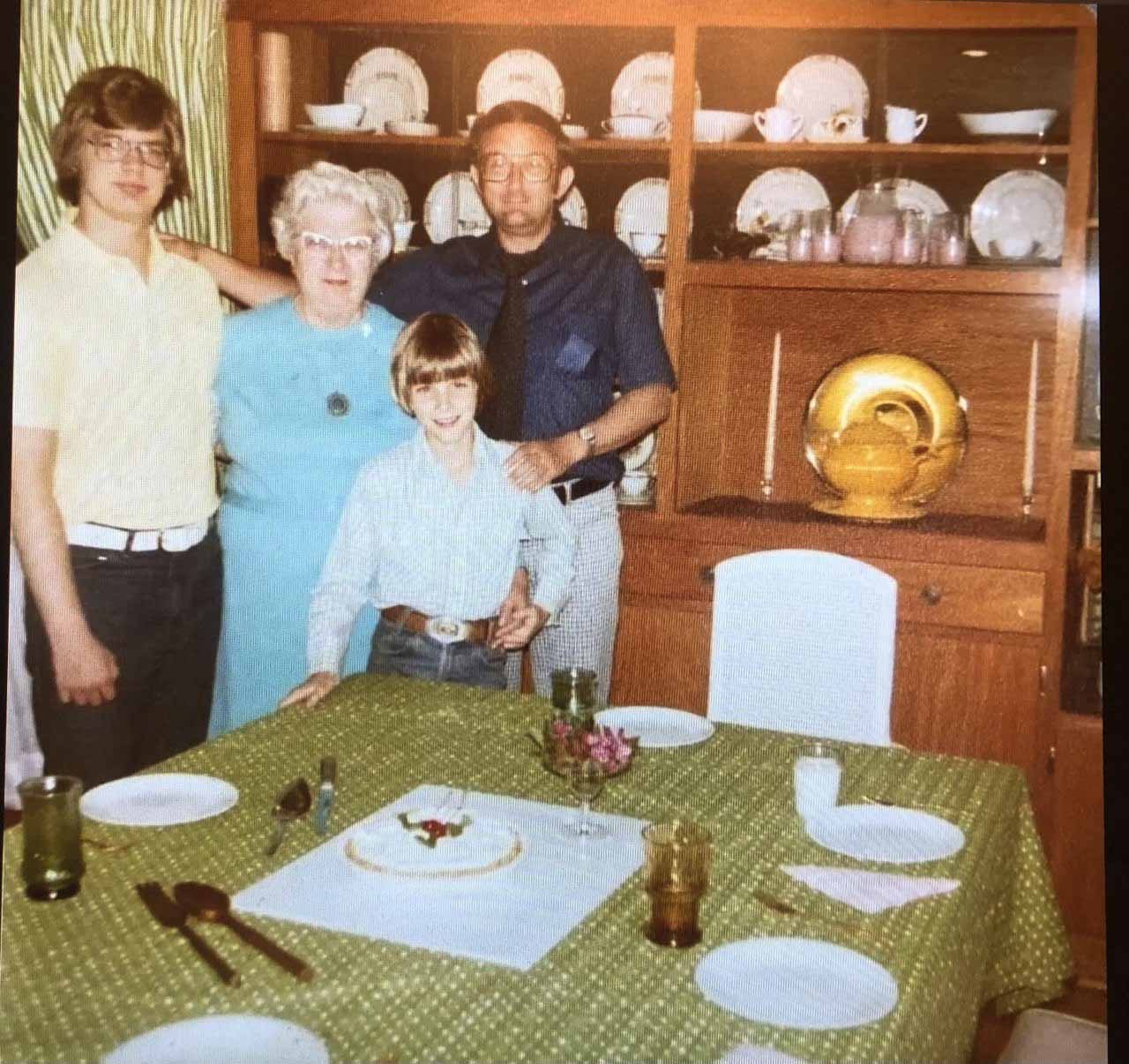Jeff Dahmer's "Confession" Was Not Taped
Not a minute. Not a second. No audio. No video. Just a few pages of “typewritten notes” from Detective Dennis Murphy — and his personal recollections.
That’s right: the entire 60-hour confession — supposedly detailing one of the most gruesome serial murder cases in U.S. history — is undocumented in any verifiable way.
In the CourtTV footage, Murphy openly admits to defense attorney Gerald Boyle that he made judgment calls about what to write down. Anything he didn’t consider important was simply omitted. When asked if this was standard procedure, he replied: “That’s correct.”

No taping. No transcript. No corroboration.
Just the memory and selective typing of one detective.
That’s not “normal.”
That’s not legal.
That’s not real-world police work.
In an actual high-profile murder case, this would trigger professional liability, prosecutorial panic, and possibly a mistrial. But here? It was accepted without question.
If you want to watch it on Court TV, go to the 1:10:36 timestamp (near the end).
For more information, see the national organizations that have taken formal positions regarding the practice of electronic recording of custodial interrogations.
Aileen Wuornos’ 1991 confession was videotaped.
To understand how this so-called confession was used to bypass due process, see our full breakdown of Jeff Dahmer’s trial:
faq
Was Jeffrey Dahmer’s confession ever recorded?
No. Despite supposedly lasting 60 hours, Jeff Dahmer’s alleged confession was never audio-or video-recorded. There is no transcript, no signature—only notes from Detective Dennis Murphy, who admitted he wrote down only what he considered “important.”
Why wasn’t Jeffrey Dahmer’s confession recorded?
Wisconsin law did not require recorded confessions at the time. But in a case this high-profile — with international attention and claims of gruesome crimes — the absence of any recording is extraordinary. It left the state’s entire case resting on an unsigned “confession” created from Detective Murphy’s notes and containing another man’s Social Security Number.